C-MOF.CELL: Novel materials as electrode and electrolyte components in fuel cell technology
One of the main concerns of the 21st century for society is the high global demand for energy. Therefore, it urges the development of new materials/technologies for the sustainable production and storage of energy, improving their cost, efficiency, durability and environmental compatibility.
The fuel cell (FC) technologies are currently one of the most important environmental friendly alternative energy topics. FCs are composed of two electrodes (anode and cathode) and an electrolyte responsible to conduct ions between and inside the electrodes, using hydrogen as fuel and generating water as residue. Proton-exchange membrane FCs (PEMFCs) are currently the most attractive ones, in particular for automotive application. However, major issues need to be addressed:
- lowered cost (as they are based on precious metals),
- improved durability, and
- broader operation range than current materials (under a wide range of temperature and humidity).
The project entitled “Novel materials as electrode and electrolyte components in fuel cell technology” (C-MOF.cell) aims to develop novel functional advanced materials for proton-exchange membrane fuel cells that are efficient, affordable and robust in a broader range of operating conditions than can be achieved with current materials.
While other scientific groups of the project work on the optimization of the electrodes, from the IMDEA Energy Foundation we propose to develop novel functional materials as electrolytes (PEMFCs) based on hybrid porous materials.



